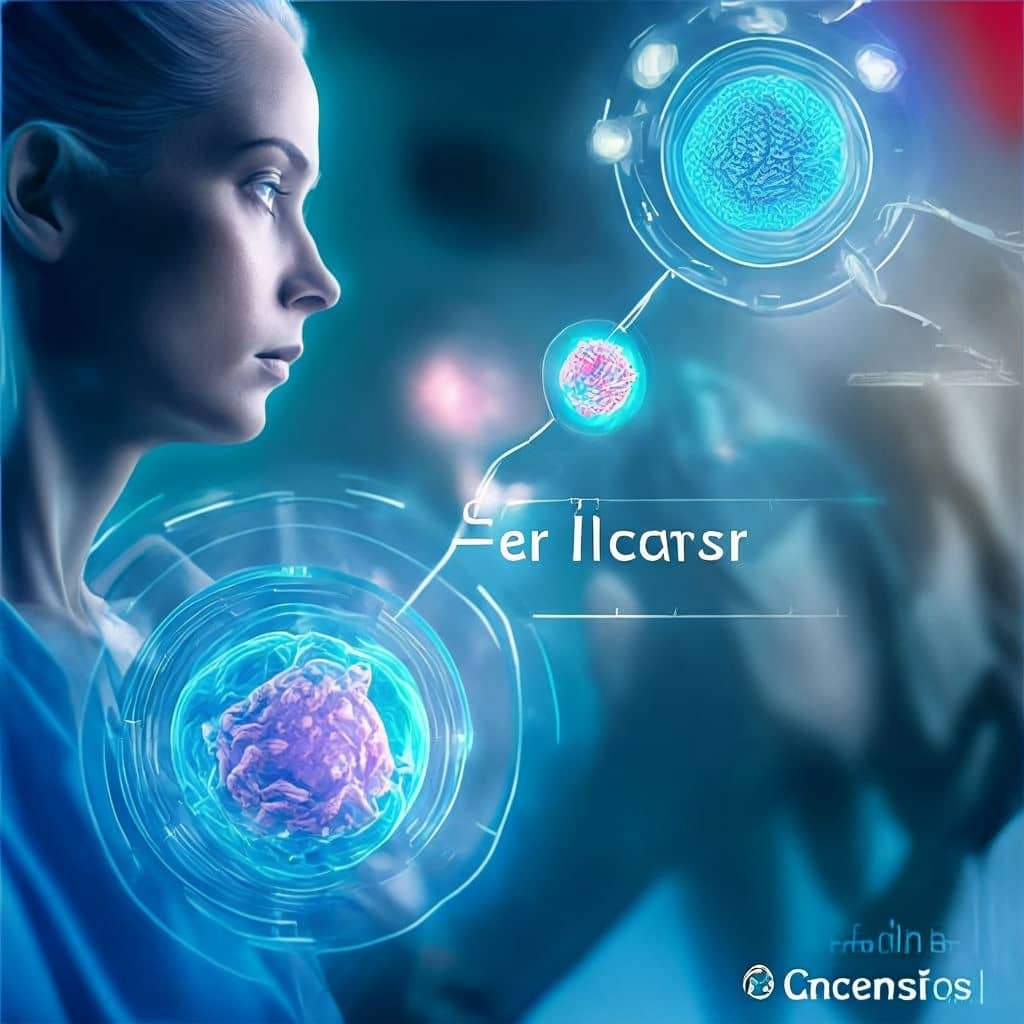Introduction
Cancer remains one of the leading causes of morbidity and mortality worldwide. Early diagnosis is crucial for improving treatment outcomes and survival rates. In recent years, artificial intelligence (AI) has emerged as a transformative tool in the field of oncology, offering innovative solutions that can enhance the accuracy and efficiency of cancer diagnosis.
The Role of AI in Cancer Diagnosis
1. Image Analysis
One of the significant applications of AI in cancer diagnosis is through the analysis of medical imaging, such as X-rays, MRIs, and CT scans. Deep learning algorithms, particularly convolutional neural networks (CNNs), have shown remarkable proficiency in identifying tumors and other abnormalities in imaging data.
- Detection of Tumors: AI can detect minute changes in images that may be indicative of early-stage tumors, providing radiologists with enhanced diagnostic support.
- Eliminating Human Error: Research has demonstrated that AI algorithms can reduce false positives and false negatives in imaging diagnosis, leading to more accurate assessments.
2. Pathology
Pathologists play a crucial role in cancer diagnosis through the examination of biopsy samples. AI is increasingly being integrated into pathology to streamline this process.
- Digital Pathology: AI tools can analyze histopathological slides, identifying cancerous cells more quickly and accurately than traditional methods.
- Grading Tumors: Automated systems can also assist in determining the grade of a tumor, which is essential for deciding on treatment options.
3. Genomic Analysis
Advancements in genomics have revolutionized cancer diagnosis by allowing for the identification of specific genetic mutations associated with various cancers. AI enhances this analysis by:
- Interpreting Genetic Data: Machine learning algorithms can process large volumes of genetic information to detect mutations and variations linked to cancer susceptibility or treatment response.
- Predictive Modeling: AI can build models that predict a patient’s likelihood of developing cancer based on genetic and environmental factors.
4. Clinical Decision Support
AI-powered clinical decision support systems can assist healthcare providers in diagnosing cancer more effectively.
- Integration of Patient Data: These systems can analyze comprehensive patient data, including symptoms, medical history, and diagnostic results, to suggest potential diagnoses and next steps.
- Personalized Recommendations: AI can synthesize information from numerous sources to recommend personalized treatment plans based on the latest research and clinical guidelines.
Benefits of AI in Cancer Diagnosis
- Enhanced Accuracy: AI reduces human error, leading to more precise diagnoses and earlier detection of cancer.
- Efficiency: By automating analysis and data interpretation, AI allows healthcare professionals to focus on patient care rather than administrative tasks.
- Cost-Effectiveness: Early and accurate diagnosis can lower treatment costs and improve resource allocation in healthcare systems.
Challenges and Considerations
Despite its promise, the integration of AI into cancer diagnosis faces several challenges:
- Data Quality and Availability: AI systems require vast amounts of high-quality data for training. Disparities in data availability can hinder the development of robust AI algorithms.
- Ethical and Regulatory Concerns: The use of AI in healthcare raises ethical questions regarding patient privacy, data security, and accountability for diagnostic errors.
- Acceptance and Trust: Clinicians and patients must trust AI-generated recommendations. Building this trust requires transparency in AI decision-making processes.
Future Perspectives
The future of cancer diagnosis with AI holds significant promise. Ongoing research aims to refine algorithms, enhance interpretability, and integrate multi-modal data sources (e.g., imaging, genomics, and clinical records). Collaborations between technology companies, healthcare providers, and regulatory bodies will be essential in driving these advancements.
Moreover, as AI technologies mature, they could lead to a shift towards more proactive healthcare models, with the potential for real-time monitoring and personalized screening protocols that could revolutionize cancer prevention and care.
Conclusion
Artificial intelligence is set to play a pivotal role in the diagnosis of cancer, offering innovative solutions that promise to enhance accuracy and efficiency in detecting this complex disease. While challenges remain, the continuous evolution of AI technology, coupled with a commitment to ethical practice and robust regulatory frameworks, paves the way for a future where the fight against cancer is significantly bolstered by data-driven insights and automated precision.



